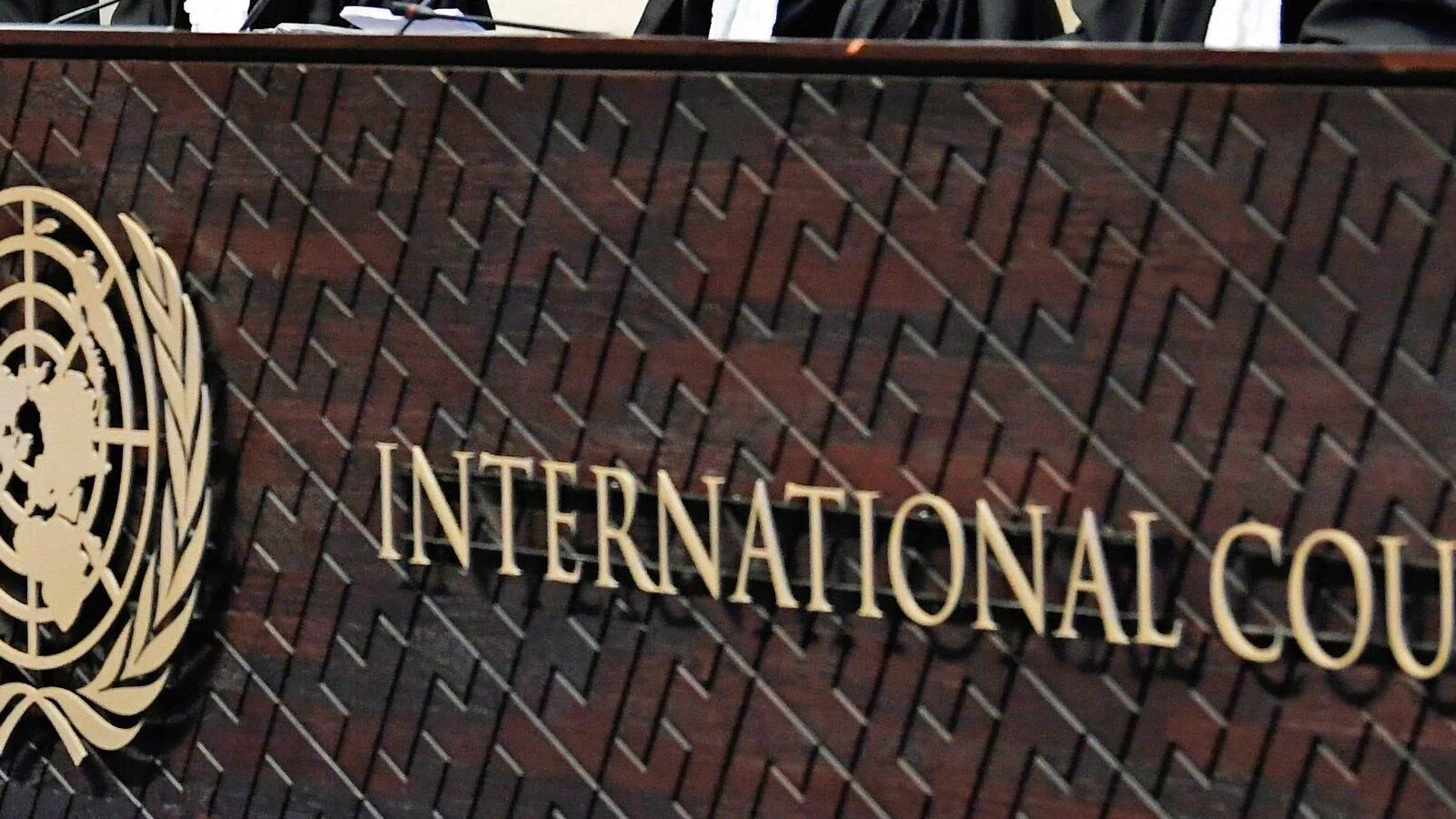
International Court of Justice declares clean, sustainable environment a human right in landmark climate ruling
How did your country report this? Share your view in the comments.
Diverging Reports Breakdown
International Court of Justice declares clean, sustainable environment a human right in landmark climate ruling
The International Court of Justice (ICJ) has declared the right to a clean, healthy, and sustainable environment a fundamental human right. The decision is being seen as a potential turning point in international environmental law. The case was led by Vanuatu, a Pacific island nation severely threatened by rising sea levels, and was backed by over 130 countries. While the court’s ruling is non-binding, legal experts say it opens the door to a cascade of lawsuits and policy shifts. The UN General Assembly had requested the advisory opinion in 2023 after sustained lobbying from island nations at the frontlines of the climate crisis. The decade leading up to 2023 saw global sea levels rise by an average of 4.3 centimeters, with greater increases in some Pacific regions.
“The human right to a clean, healthy and sustainable environment is therefore inherent in the enjoyment of other human rights,” said ICJ President Yuji Iwasawa, delivering the court’s conclusion.
The case was led by Vanuatu, a Pacific island nation severely threatened by rising sea levels, and was backed by over 130 countries. Vanuatu’s Attorney General Arnold Kiel Loughman reminded the court during earlier hearings, “The stakes could not be higher. The survival of my people and so many others is on the line.”
Advisory opinion not binding While the court’s ruling is non-binding, legal experts say it opens the door to a cascade of lawsuits and policy shifts. The 500-page opinion responds to two major questions: What are states legally obligated to do under international law to mitigate climate change? And what consequences do they face for failing to act?
The UN General Assembly had requested the advisory opinion in 2023 after sustained lobbying from island nations at the frontlines of the climate crisis. The courtroom in The Hague, known as the Great Hall of Justice, was packed during the announcement, with activists holding signs reading: “Courts have spoken. The law is clear. States must ACT NOW.”
Legal basis for global accountability “This opinion provides an authoritative interpretation of international law that governments can no longer ignore,” said Joie Chowdhury, senior attorney at the Center for International Environmental Law. “It’s not just about future targets — it also tackles historical responsibility.”
According to Chowdhury, the decision can now serve as the foundation for further legal actions — including domestic lawsuits and bilateral or multilateral investment agreements. States may also return to the ICJ to hold other countries accountable for climate inaction or harm.
Vanuatu Minister: ‘Global agreements moving too slowly’ Vanuatu’s Minister for Climate Change, Ralph Regenvanu, welcomed the decision, calling it a legal tool for nations like his that have been sidelined in international climate negotiations.
“The agreements being made at an international level between states are not moving fast enough,” he told the Associated Press. “This opinion gives us a path forward.”
The decade leading up to 2023 saw global sea levels rise by an average of 4.3 centimeters, with even greater increases in some Pacific regions. Global temperatures have already risen by 1.3 degrees Celsius above preindustrial levels, largely due to fossil fuel emissions.
Opposition from big emitters While the decision marks a victory for vulnerable nations, major emitters like the United States and Russia have opposed the idea of legally binding emission reductions through international courts. Both are key petroleum-producing nations and have resisted efforts to enshrine climate responsibilities as enforceable international law.
Also Read | Italy and Algeria agree to tackle terrorism and migration at summit
